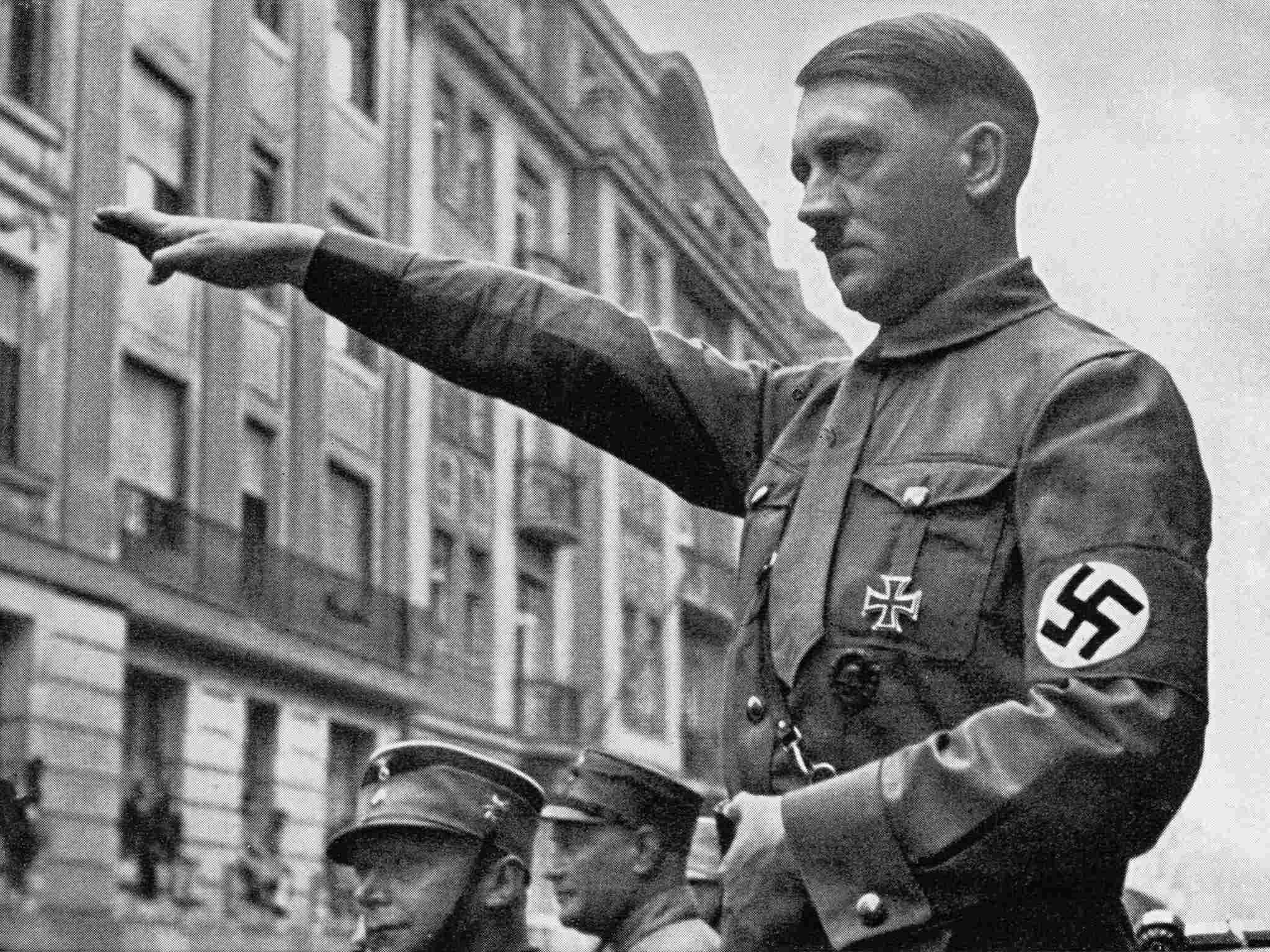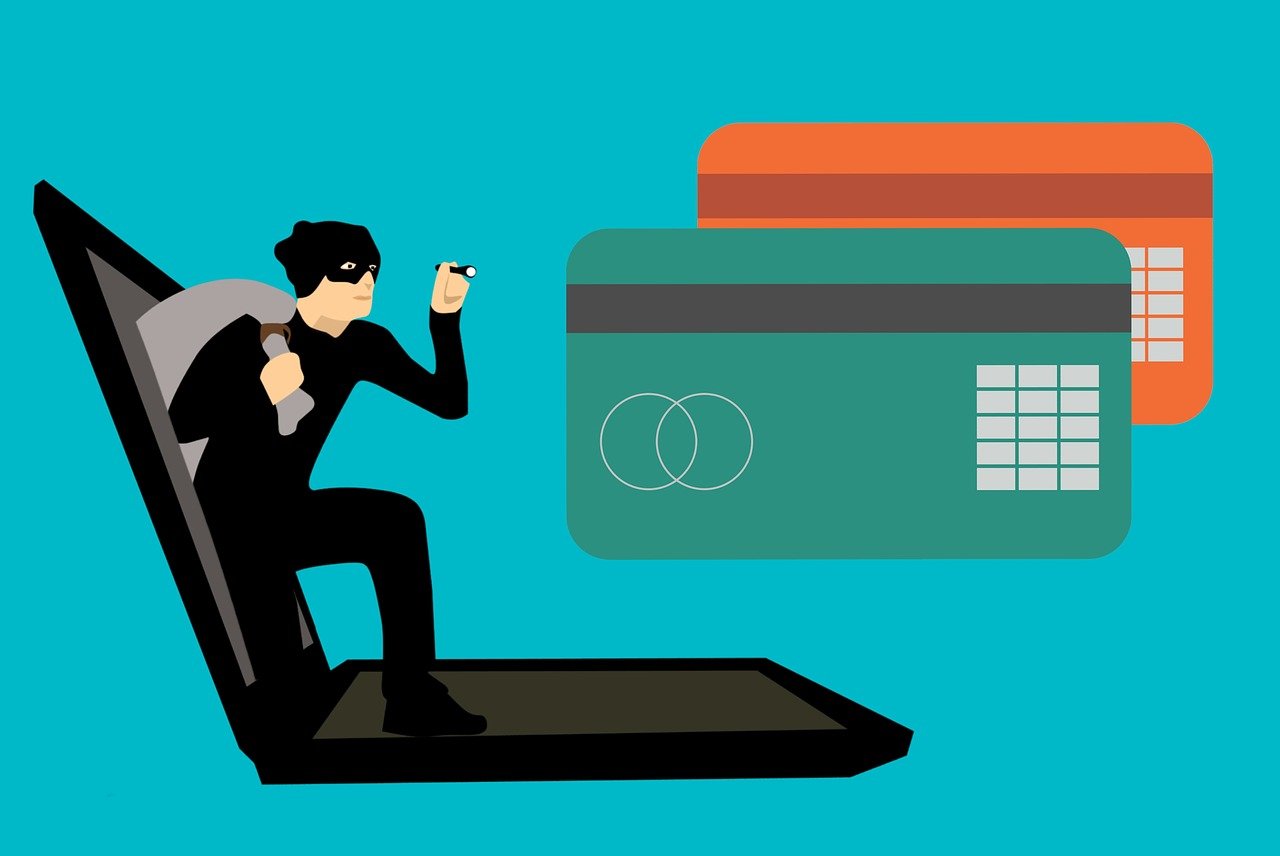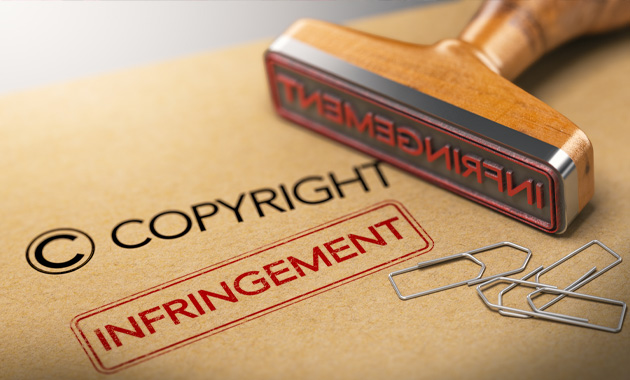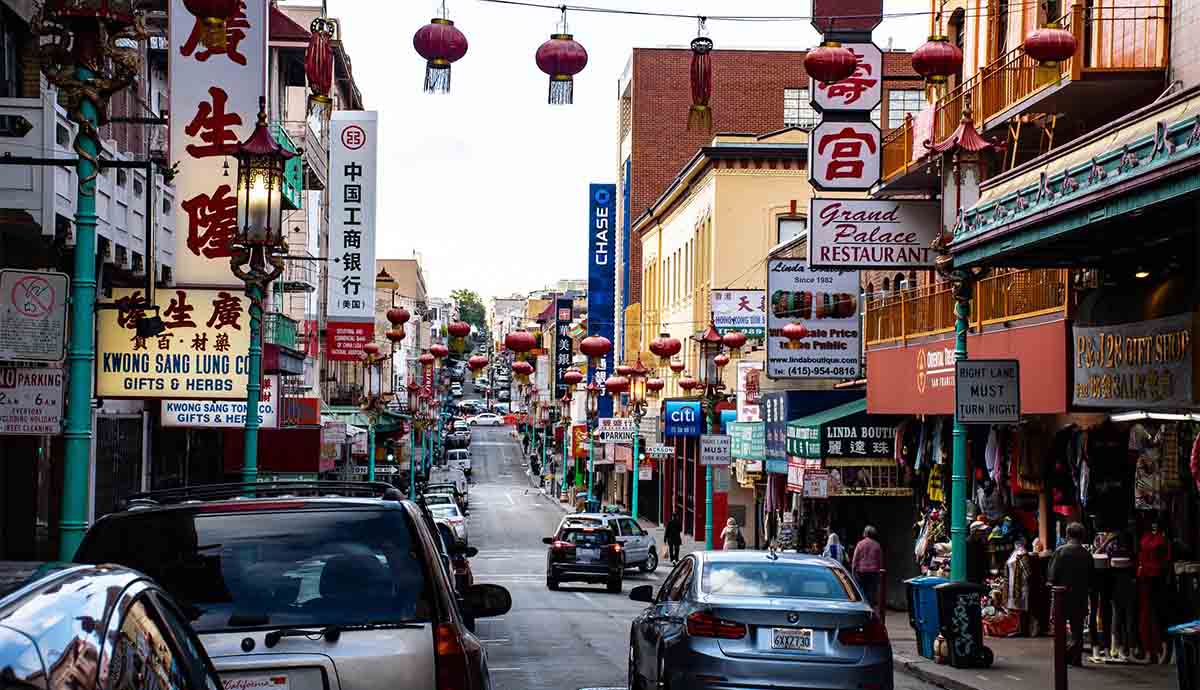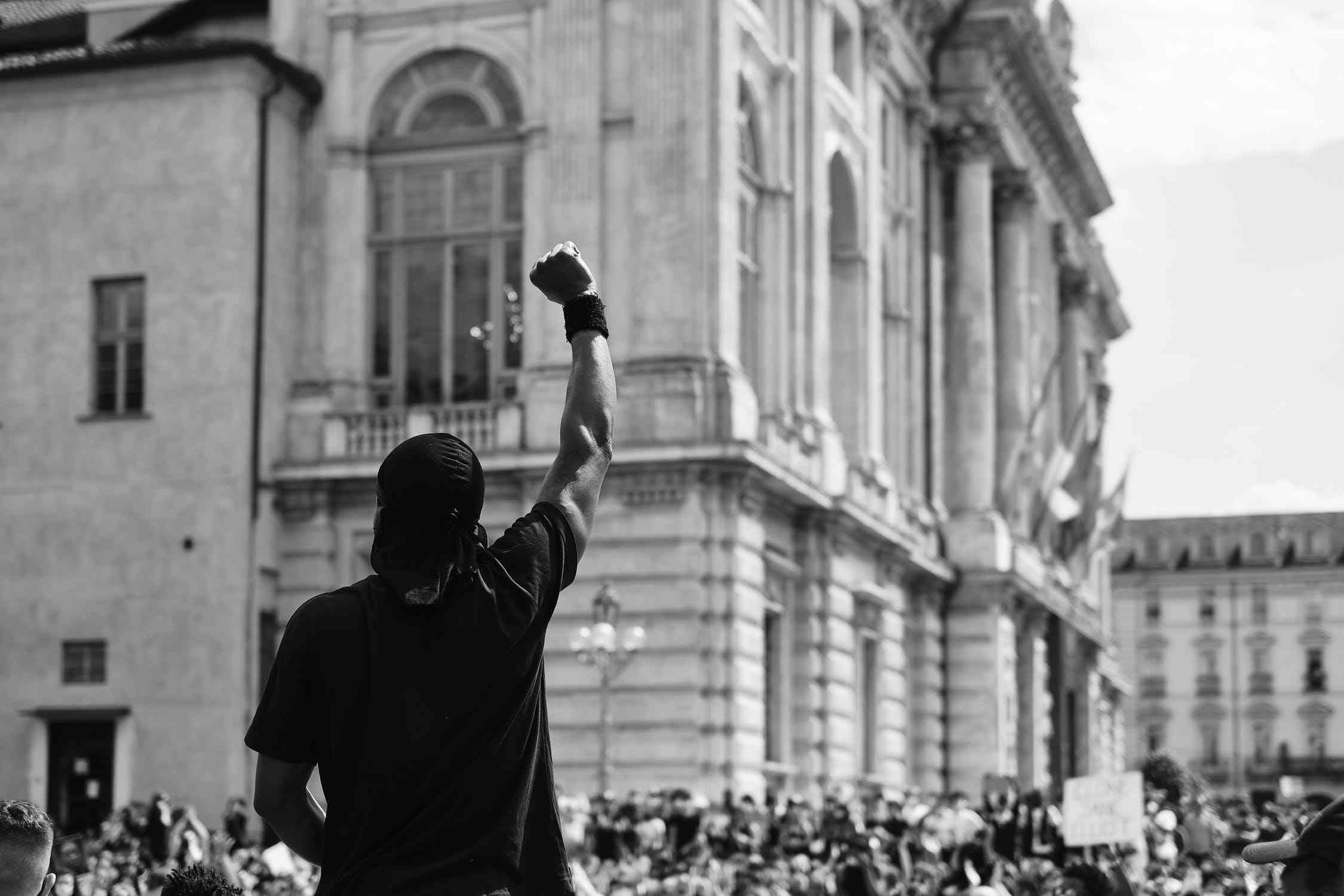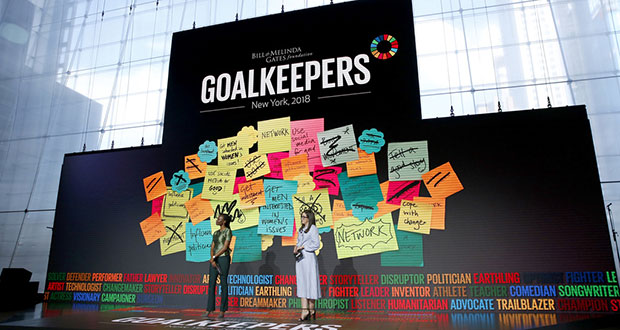Adolf Hitler’s ascent to power started in Germany in September 1919 when he joined the ideological group at that point known as the Deutsche Arbeiterpartei – DAP (German Workers’ Party). The name was changed in 1920 to the Nationalsozialistische Deutsche Arbeiterpartei – NSDAP (National Socialist German Workers’ Party, or the Nazi Party). It was hostile to Marxist and restricted to the just post-war administration of the Weimar Republic and the Treaty of Versailles, upholding outrageous nationalism as well as vicious anti-Semitism. Hitler succeeded to power in March 1933, after the Reichstag adopted the Enabling Act of 1933 in that month, giving extended position. President Paul von Hindenburg had just designated Hitler as Chancellor on 30 January 1933 after a progression of parliamentary election and related private cabin interests. The Enabling Act – when utilized mercilessly and with power – essentially guaranteed that Hitler could from that point unavoidably practice dictatorial force without lawful complaint.
How Did it all Started
Hitler’s rise to dictatorship is unthinkable without the humiliation and misery that resulted in the German people out of their defeat in World War I. With the successful allied advance in 1918, Germany realized the war was unwinnable and signed a settlement (Treaty of Versailles) ending the fighting.
As its sovereign government crumbled, common agitation and laborer strikes spread across the country. Dreading a Communist revolution, significant parties joined to smother the uprisings, building up the parliamentary Weimar Republic. One of the new government’s first tasks was implementing the peace treaty imposed by the Allies. In addition to losing over a tenth of its domain and disassembling its military, Germany needed to acknowledge full obligation regarding the war and pay reparations, incapacitating its previously debilitated economy.
This was viewed as an embarrassment by numerous nationalists and veterans. They wrongly believed the war could have been won if the military hadn’t been deceived by government officials and dissidents. For Hitler, these perspectives became a fixation, and his bias and jumpy hallucinations drove him to nail the fault to Jews.
His words discovered reverberation in the general public with numerous anti-Semitic people. At this point, countless Jews had coordinated into German culture, yet numerous Germans kept on seeing them as outcasts.
Rise of the Nazi Party
After World War I, Jewish achievement prompted ungrounded allegations of disruption and war profiteering. It cannot be stressed enough that these conspiracy theories were born out of fear, anger, and bigotry, not fact. Nonetheless, Hitler found success with them.
When he joined a small nationalist political party, National Socialist German Workers’ Party, or Nazi for short, his manipulative public speaking launched him into its leadership and drew increasingly larger crowds. Joining anti-Semitism with populist animosity, the Nazis condemned both Communism and Capitalism as global Jewish plotting to obliterate Germany.
The Nazis weren’t very specific on policy, but Hitler made extravagant promises to return Germany to its former glory, by undoing the Treaty of Versailles and reuniting all ethnic Germans into one nation.
He also said that only pure Aryan people should be allowed to be citizens and that all Jews would lose their citizenship. These thoughts were at that point normal in outrageous right governmental issues, however, what set the Nazis apart was Hitler himself, and they immediately turned into the main party on the extreme right.
The Nazi party was not at first well known. After they tried to topple the legislature, the party was prohibited, and Hitler imprisoned for treachery. However, upon his release about a year later, he quickly started to restore the movement. And then, in 1929, the Great Depression happened. It prompted American banks to pull back their advances from Germany, and the previously battling German economy collapsed overnight.
Hitler took advantage of the people’s anger, offering them convenient scapegoats and a promise to restore Germany’s former glory.
Mainstream parties proved unable to handle the crisis while left-wing opposition was too fragmented by internal disputes and so, some of the frustrated public flocked to the Nazis, increasing their parliamentary votes from under 3% to over 18% in just two years.
The Nazi party used propaganda to cause Hitler to appear to be an extraordinary and influential man. Some bought into his extreme ideology. Some didn’t agree with the racism but were willing to vote for him anyway. Many didn’t know much about politics at all, but just got caught up in the hype. Election after election, the Nazis turned out to be increasingly more mainstream until, in 1932, they turned into the largest party in the German parliament.
From Democracy to Dictatorship
In 1932, Hitler decided to run for president and did surprisingly well, but still lost to the extremely popular World War I General, Paul von Hindenburg. With 36% of the vote, Hitler had exhibited the degree of his support. The next year, counselors and business leaders persuaded Hindenburg to select Hitler as Chancellor, wanting to channel his prominence for their own objectives. In spite of the fact that the Chancellor was just the regulatory head of parliament, Hitler consistently extended the intensity of his position.
Hitler became chancellor of Germany in January 1933, but he was not yet a dictator. In February, the German Parliament building was set on fire. Historians despite everything aren’t sure who did it and many presume the Nazis did it themselves, however, Hitler accused the communists, and he persuaded President Hindenburg to sign an emergency order permitting him to detain all communists and other political adversaries. Communists and others were sent off to the first concentration camp in Dachau. At this time, the old president Hindenburg died, giving Hitler the ideal chance.
He introduced a law to parliament that would allow him to make all future laws and decisions entirely on his own. With his political opponents in prison and Nazi supporters intimidating others, Hitler’s law passed.
Just two months after becoming chancellor, Hitler was now a dictator.
The Rest is History
Within a matter of months, life in Germany changed violently. Freedom of the press, expression, and public assembly were suspended. Jews were initially branded and their businesses boycotted, and eventually, Hitler would go on to have six million Jewish men, women, and children killed in concentration camps.
Hundreds of thousands of people were forced into sterilization for physical and mental imperfections. Young men were prepared to battle and got back from camp fierce. Young ladies were advised their motivation was to have numerous pure Aryan kids and they would in some cases come back from camp pregnant.
A significant number of Hitler’s initial radical supporters were captured and executed, alongside possible adversaries, and when President Hindenburg passed on in August 1934, it was clear there would be no new elections.
Shockingly, a considerable lot of Hitler’s initial measures didn’t need mass constraint. His talks misused individuals’ dread and rage to drive their help behind him and the Nazi party.
Then, financial specialists and intellectuals, needing to be on the correct side of general sentiment, supported Hitler. They guaranteed themselves and each other that his more outrageous manner of speaking was distinctly to look good and only for a show.
Decades later, Hitler’s ascent stays an admonition of how delicate democratic institutions can be notwithstanding furious groups and a pioneer ready to take care of their resentment and endeavor their feelings of fear.
Germany’s defeat in the First World War filled Hitler with hatred and a thirst for vengeance. Extreme ideology and anti-Semitism vested in him. A political movement that treated him like a god and hundreds of thousands looking up to him as their savior made him a megalomaniac, and soon, his aggressive foreign policies would drag the world into a second tragic global conflict, otherwise known as World War II.











